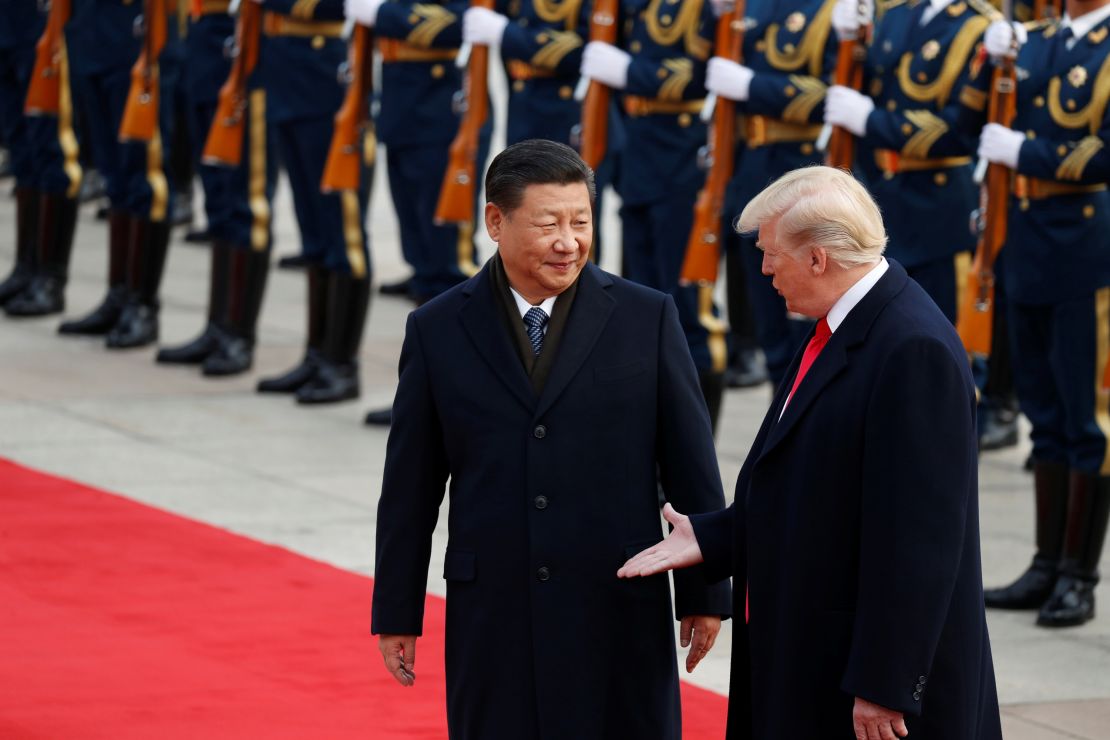
US government aided US firms selling surveillance tech to China
U.S. government agencies, spanning five Republican and Democratic administrations, knowingly assisted American companies in selling surveillance technology to Chinese police and government entities, despite export bans intended to restrict Beijing's tools for mass spying of citizens.
These bans, imposed after the 1989 Tiananmen Square massacre, narrowly covered low-tech items like batons and restraints, leaving wide openings for advanced systems such as facial recognition cameras and AI software that now enable China's extensive tracking of dissidents.
This aid persisted even as Washington publicly denounced China's suppression of freedoms, with the Commerce Department's Commercial Service directly matchmaking U.S. vendors to Chinese buyers through events like 2004 security expos, 2007 webinars charging $35 for market penetration strategies, and trade shows promoting biometric identification under Bush and Obama.
Cloud computing loopholes further undermined controls, allowing sanctioned Chinese firms to access powerful AI chips via Microsoft Azure and Amazon Web Services without direct purchases.
For example, state-owned SDIC Contech tapped AWS for big data analytics, while Shanghai Qi Zhi Institute spent $280,000 on Azure OpenAI services for encryption research. Dahua and Hikvision, blacklisted in 2019 over Xinjiang human rights abuses, leveraged AWS to deploy overseas surveillance networks, including Hikvision's HikCentral platform hosted on Azure.
Under Trump, export restrictions on Nvidia and AMD advanced chips were relaxed in deals granting the government 15% revenue shares, alongside an $11 billion stake in Intel—moves that ignored national security experts' alerts about diversion to Chinese military intelligence. Biden's 2021 executive order branded these Chinese firms as "unusual and extraordinary threats," yet proposed curbs on facial recognition exports stalled amid fierce industry opposition.
More than 100 tech lobbyists funneled hundreds of millions into derailing restrictions, including four bipartisan 2024 bills targeting cloud gaps and earlier efforts in 2006-2013, 2008, 2014-2015, and 2024.
Nvidia insisted its H20 chip avoids police use and that bans harm job growth; Intel described its government investment as "passive" without oversight.
Tiananmen student leader Zhou Fengsuo, imprisoned during the 1989 crackdown, testified before Congress: “It’s driven by profit... this is a strategic failure by the United States.”
Republican Rep. Chris Smith accused the U.S. of being "complicit in the extreme," selling capabilities to a "malevolent power" that could "destroy us and like-minded Western democracies."
Democratic Sen. Ron Wyden attributed the gridlock to tech's "big wallet."
Uyghur Gulbahar Haitiwaji, detained over two years in Xinjiang after U.S.-powered systems flagged her as a "terrorist" under relentless camera surveillance, told Congress: “It’s truly disappointing that the United States... would sell such technology to China despite knowing the potential for serious consequences.”
An Associated Press investigation, based on records requests, congressional testimony, and executive interviews, exposed how U.S. firms constructed the backbone of China's surveillance apparatus, with $20.7 billion in chipmaking equipment exported in 2024 alone.
